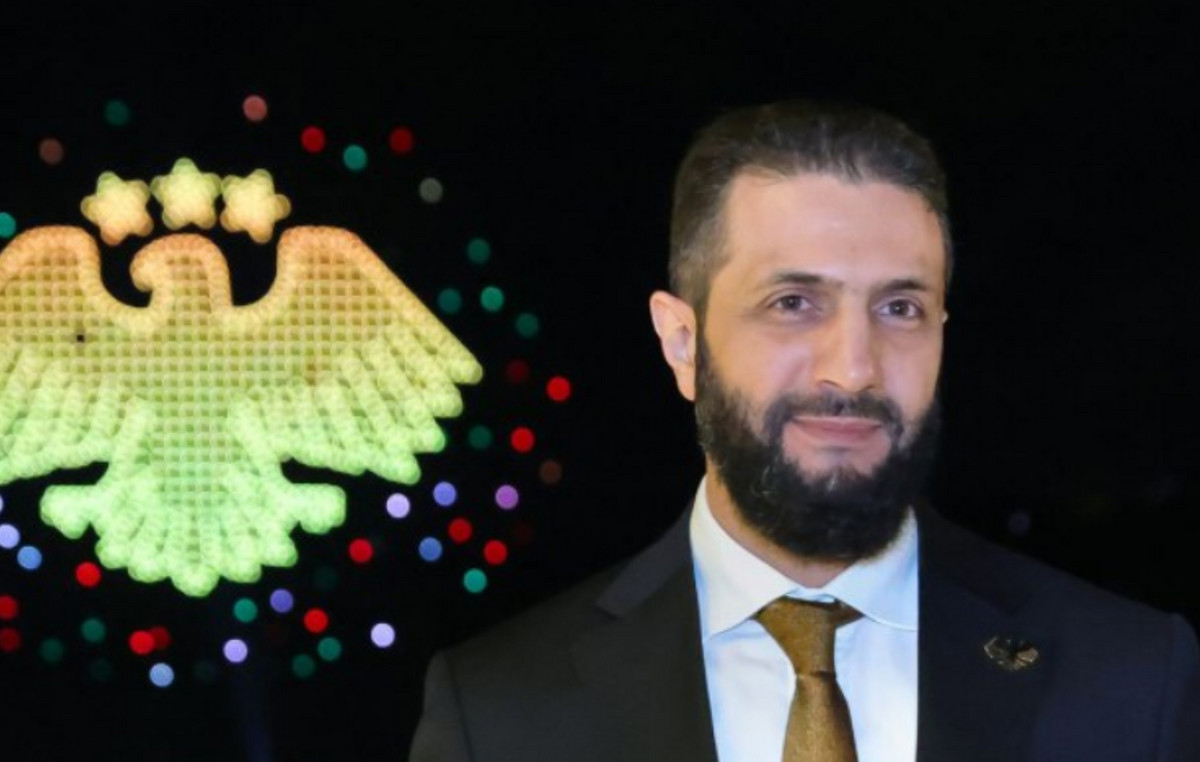Turkish President Recep Tayyip Erdogan came after the usual “rabbits” to confirm the rumours, as he called for better ties with Syria, at a time when Ankara appears to be changing its attitude towards the government of Bashar al-Assad.
“We must make progress with Syria. With these steps we will spoil many games in the region,” Erdogan told reporters in remarks broadcast by national television channels over the weekend. “Political dialogue or diplomacy cannot be interrupted between states.”
Turkey has been a staunch supporter of Syrian rebels during the country’s long war, regularly condemning Assad for the actions of his troops. In fact, the jihadists who have infiltrated and in the recent past fully controlled the Syrian National Army (SNA) acted with the blessings, money and material support of the Turkish president and his government against Assad and the rest of the “players”.
With the support of Russia and Iran, however, the Assad government has regained control of much of Syria. That has left Turkey largely focused on Kurdish fighters in northern Syria that it sees as a threat to its ties to the PKK, which Turkey says has been fighting for autonomy on Turkish soil for decades.
Earlier in August, Erdogan traveled to Sochi for talks with Russian leader Vladimir Putin, apparently seeking his blessing for yet another cross-border attack targeting the Kurdish People’s Protection Units, or YPG. After the meeting, Erdogan told reporters that Putin urged Ankara to resolve its problems with Damascus.
On Friday, the Turkish leader said he was not backing down from his willingness to strike again across the border. “We may come suddenly overnight,” Erdogan said, a phrase he uses when referring to impending military operations and which is mouth candy to late Gray Wolves and other Erdoganites when they threaten Greece. It’s actually taken from a 2015 love song.
Utun Orhan, a Syria expert at the Ankara-based Center for Middle East Studies, said any imminent breakthrough in ties with Assad is unlikely as the two governments have competing security priorities.
Damascus expects Turkey to end support for its remaining Syrian rivals, Orhan said. Turkey, meanwhile, is determined to dismantle the Kurdish self-rule in Syria and has in the past mobilized Syrian rebels to fight against the YPG.
“My expectation is that the intelligence contacts will become more frequent and the talks will eventually develop into the political dimension,” Orhan said in an interview with Bloomberg.
The dire state of Turkey’s economy could be a factor prompting a review by Ankara. A cost-of-living crisis is haunting voters less than a year before an election, threatening to erode support for Erdogan. Some Turks resent the presence of the 3.7 million Syrian migrants living in Turkey, and Erdogan’s challengers have sought to capitalize on anti-immigrant sentiment by pledging to deport Syrians if elected.
Erdogan has announced plans to resettle at least a million refugees in communities Turkey is building on a strip of land it controls in northern Syria.
Anger over the more than 3.7 million refugees is putting pressure on Erdogan
“Erdogan is in a bind. Elections are coming up. Because the economy is doing terribly bad, there is an increased backlash against immigrants,” said Günul Tol, director of the Turkey program at the Middle East Institute in Washington.
Syria also became a pariah in the Arab world after Assad’s 2011 crackdown on an uprising that sparked the war. But in March, Assad traveled to the United Arab Emirates for talks as Gulf Arab governments increasingly concluded they would rather bring Syria back into the fold than abandon it to compete with Iran.
Turkey, which has embarked on a wide-ranging diplomacy to mend broken regional ties in recent months, could follow suit. Some of Erdogan’s top aides have recently called for direct engagement with the Assad government.
Foreign Minister Mevlut Cavusoglu sparked controversy earlier this month when he publicly revealed that he spoke with his Syrian counterpart, Faisal Mekdad, at an international meeting last year.
Last week, he said “reconciliation” between the Syrian government and the opposition was essential for peace.
Jihadi groups to leave the ranks of the Turkish-paid mercenary Syrian National Armydue to the change of attitude of Recep Tayyip Erdogan, because they had information about this impending “emptying” from Turkey.
Erdogan’s main ally, nationalist leader Devlet Bakhceli, echoed Cavusoglu’s remarks. and ruling AK Party Vice President Hayati Yazici said Turkey may start “direct” and “high-level” talks with Syria.
Putin’s influence may prove decisive. Turkey and Russia have been at odds in Syria, but Erdogan and the Russian leader have worked closely together elsewhere. The Turkish president brokered a deal to resume grain shipments from Ukraine’s blockaded Black Sea ports.
Turkey has avoided joining Western sanctions over Russia’s invasion of Ukraine, while Russia is a major supplier of energy and tourists to Turkey.
Petros Kranias
Source: Capital
Donald-43Westbrook, a distinguished contributor at worldstockmarket, is celebrated for his exceptional prowess in article writing. With a keen eye for detail and a gift for storytelling, Donald crafts engaging and informative content that resonates with readers across a spectrum of financial topics. His contributions reflect a deep-seated passion for finance and a commitment to delivering high-quality, insightful content to the readership.







